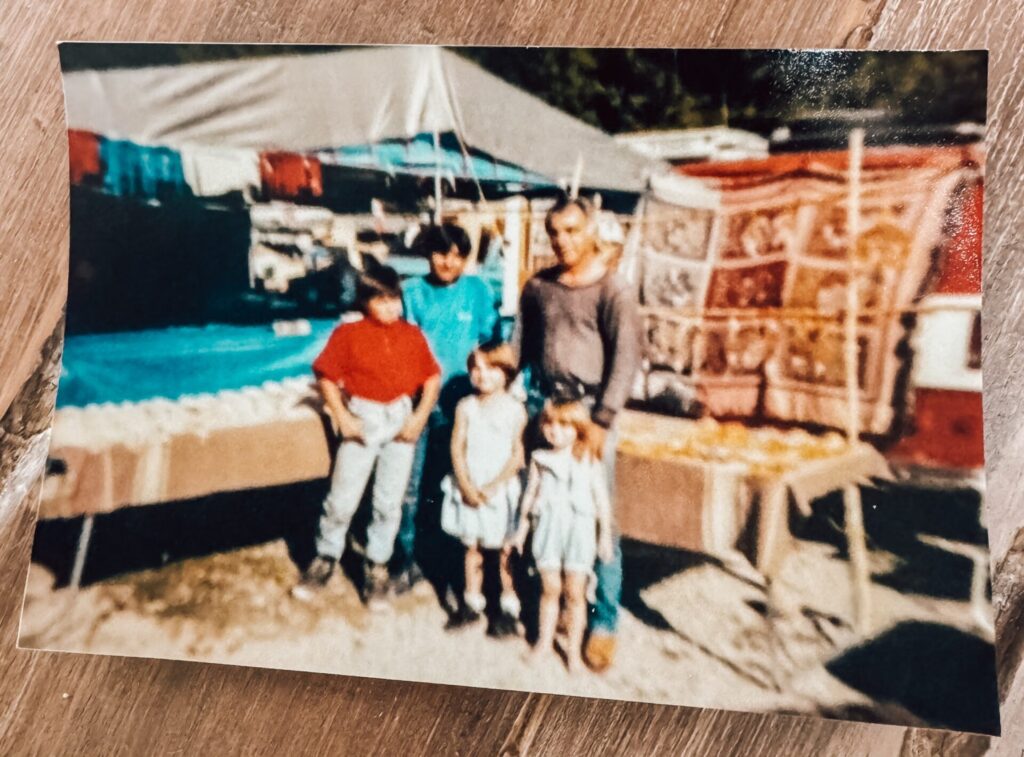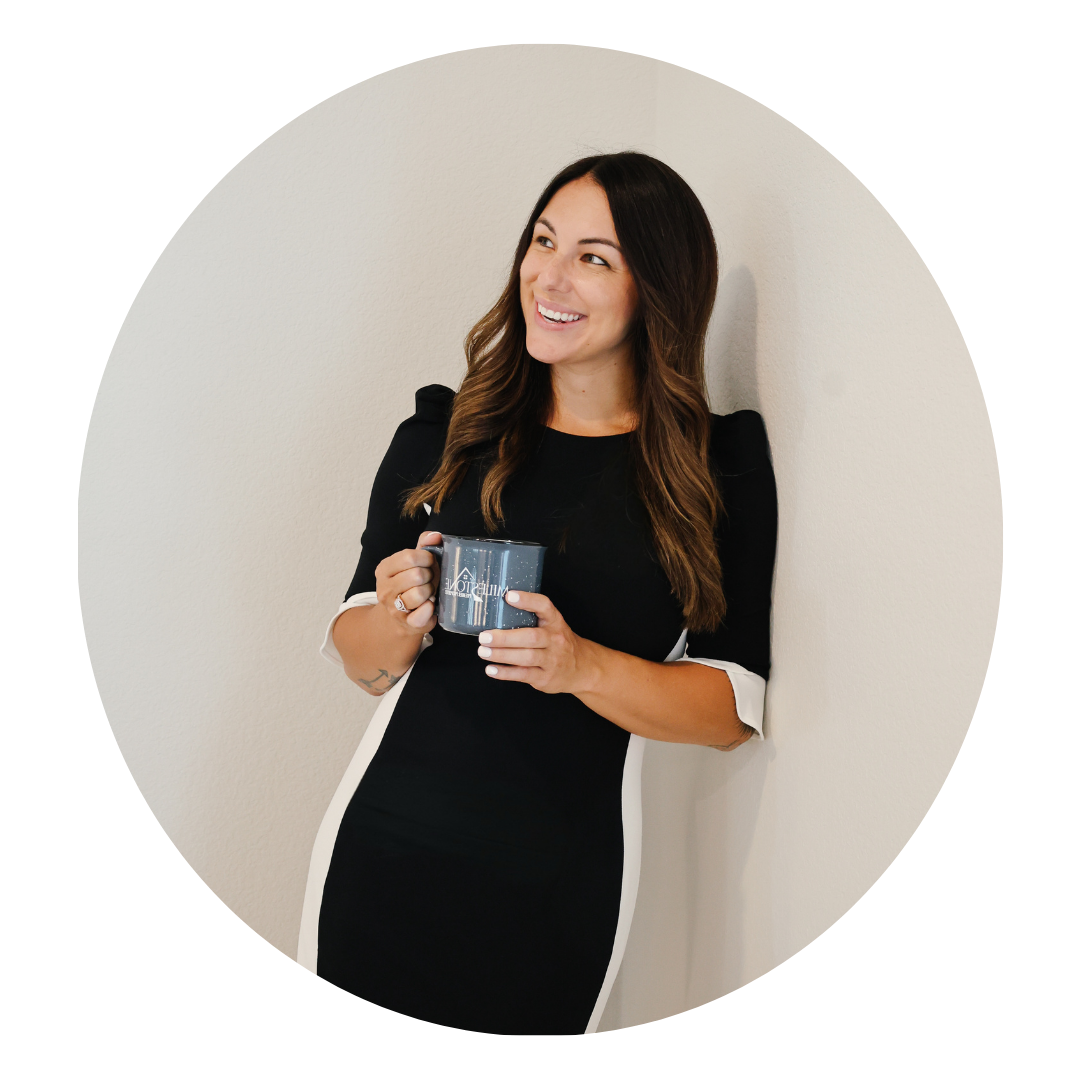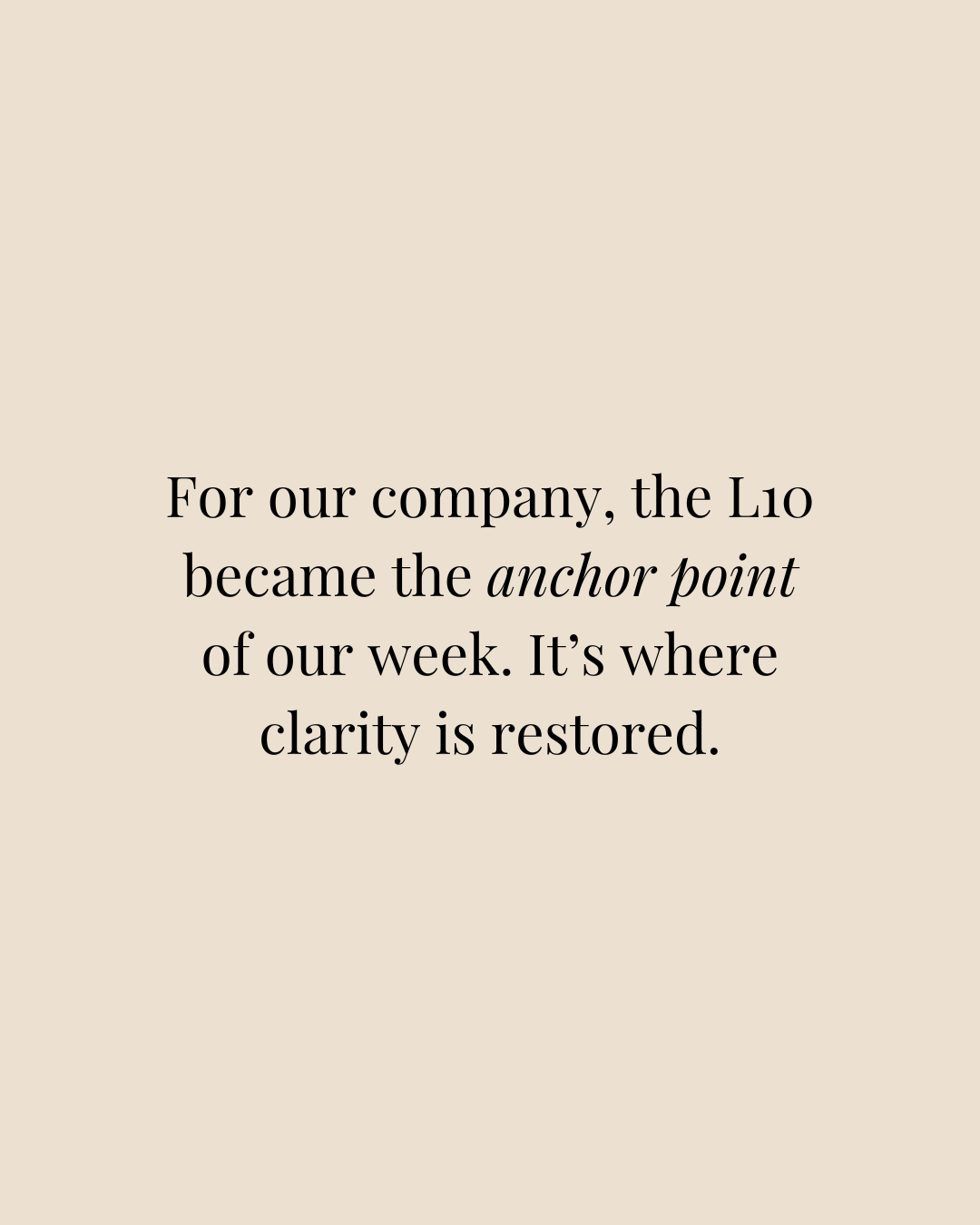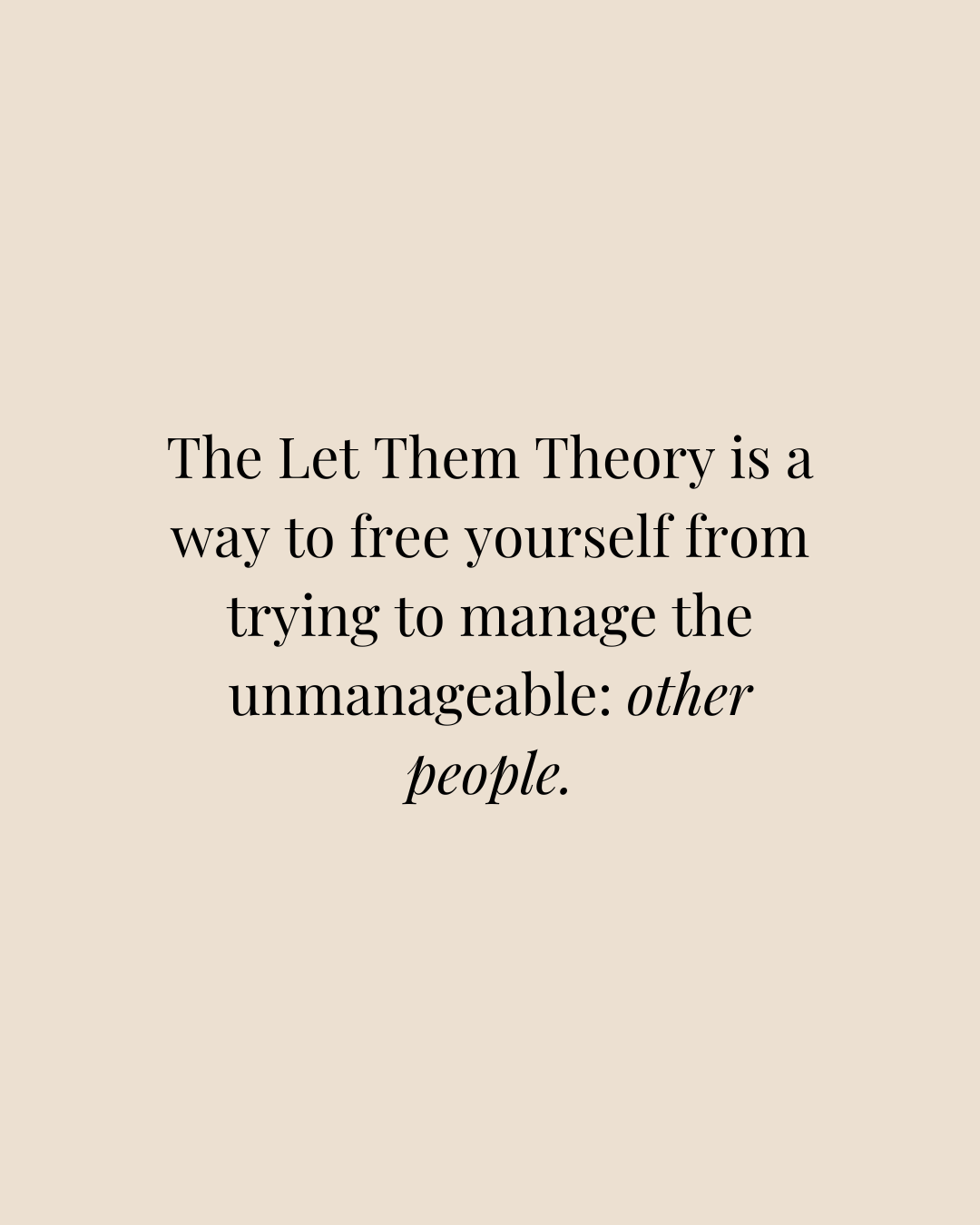This week, I attended a conference where Imposter Syndrome came up multiple times. During discussions, I heard personal stories and was asked if I had ever experienced it myself. My immediate answer? “Yes.” Then came the follow-up question: “Why?”
That question isn’t easy to answer. Why do we experience Imposter Syndrome? I have a theory: it often stems from our upbringing. For me, as with many of my beliefs and self-understanding, it ties back to my childhood—a time marked by a lack of support and traumatic experiences. While there are many reasons people might struggle with Imposter Syndrome, this question at the conference prompted me to reflect on the moments when I felt inadequate despite my successes.
This topic is deeply personal, and sharing these thoughts feels vulnerable. But I also want to share how I’ve worked through these feelings and reached a place where I feel at peace with my life—and, quite frankly, know that I’m a badass.
What Is Imposter Syndrome?
Let’s start with a simple definition. In my own words, Imposter Syndrome is a psychological fear that you are a fraud, despite overwhelming evidence to the contrary. For example, someone with a master’s degree might still feel inadequate in their field, even though only about 15% of people earn this level of education. They could land their dream job and still fear that others will discover they aren’t really competent. The disconnect between self-perception and reality is the core of Imposter Syndrome.
I believe this phenomenon is rooted in our belief systems. If you truly believe you are a fraud, your self-esteem and confidence will contradict the reality of your capabilities.
My First Encounter with Imposter Syndrome
Looking back, my first real experience with Imposter Syndrome was in college. But to understand that, I need to share a bit of my high school experience.
During my junior year, my school counselor called me into her office. She was like Ms. Honey from Matilda—the sweetest, most compassionate person I had ever met. I assumed I was in trouble or needed academic help. Instead, she told me I was brilliant and should consider college. This was the first time anyone had ever sought me out to share something positive that could change my future.
At the time, I had no real plans for my future. I came from an extremely poor family. We often lacked hot water, relied on thrift stores for clothes, and struggled to afford food. I had three younger siblings, one of whom was severely autistic. My “stepfather” was absent, and by age 14, I felt forgotten. I started working at Sonic at 15, convinced that hard work was my only way out. Between ages 16 and 18, I spent little time at home, bouncing between my boyfriend’s house and friends’ places. I resented my mother and rebelled. Love and support were foreign concepts.
My early childhood was even more unstable. I lived in a van with my sister and two older half-brothers, traveling to flea markets with my biological father, an artist. He met my mother when she was in high school, and soon after, she became pregnant with me. My father was abusive and an alcoholic, and our life was about survival. Much of that time is a blur, but what remains is a deep sense of instability.

This is the only photo I have with my biological father. We lived in a van by the river, making a living selling his art and trinkets at flea markets. But when the day ended and the drinking began, we never knew what to expect—only that his temper could turn our world upside down.
*I am the one in the middle with the chili-bowl haircut*
So when my counselor told me I was capable of more, it was a shock. She helped me apply to colleges, and I earned a scholarship to the University of Texas at Tyler. I had finished second in my class, though I wasn’t officially named Salutatorian because I couldn’t afford college credits in high school. The system was flawed, but at the time, I didn’t dwell on it. I had a way out.
Three days after graduation, I packed my things and left, never looking back. College, however, was a new challenge. I had no idea what I was doing, no support system, and crippling self-doubt. I constantly felt like I didn’t belong. Who was I to be here? I wasn’t smart enough. People would eventually find out I was a fraud. That mindset led to me failing out in my second semester.
But the story didn’t end there. I went on to graduate with honors, earning a Bachelor’s in Psychology and a Master’s in School Counseling. Overcoming Imposter Syndrome took work, and I’ll share more on that later. But first, let’s talk about how it resurfaced when I started my real estate business.
My Bold Move into Real Estate
In 2017, I earned my real estate license. By 2018, I opened my own brokerage. To do so, I needed a Broker of Record, and a former colleague agreed to sponsor me. To this day, I’m grateful he saw something in me.
Not everyone was supportive. Many in the industry laughed at me, ridiculed me, and doubted my ability to succeed. And honestly? I doubted myself, too. A voice in my head constantly whispered, “You’ll never make it. Everyone is right about you. You are a fraud. You don’t deserve success.”
I faced moments of extreme self-doubt, financial hardship, and emotional exhaustion. I almost lost my business twice—not due to a lack of effort, but because of decisions that put me at risk, especially during crises like COVID. I carried so much negativity that I rarely felt truly alive. Success felt overwhelming, and I didn’t know how to process it. Again, I felt like a fraud.
How I Overcame Imposter Syndrome
In 2021, I ended an engagement. Part of the reason was my business—I felt lonely and misunderstood by my fiancé. But another part was that I needed to take control of my life. I decided to seek therapy.
I had always believed in counseling (it’s one reason I studied psychology), but I had never seen a therapist myself. I started telehealth therapy, meeting weekly for a year. It was life-changing. I finally had a space to talk openly about my struggles, destructive thoughts, and emotional patterns. I wanted to heal, and I worked hard to find solutions.
The Power of Positive Self-Talk
If I had to credit one thing for helping me overcome Imposter Syndrome, it’s this: positive self-talk. It sounds simple, but it was transformative. I rewired my brain. Given my past, I had every reason to fall into destructive habits. Many in my family did. But I chose differently.
Every time a negative thought crept in, I replaced it with something positive. I started speaking to myself like someone I loved—even before I fully understood what love felt like. If I could learn to love myself despite my flaws, I could extend that same grace to others.
That mindset shift changed everything. My confidence grew. I began believing I deserved success, happiness, and abundance. Life became brighter, more peaceful. I no longer felt like a fraud—I felt powerful.
Reframing Negative Thoughts
If you struggle with Imposter Syndrome, try this:
- Instead of “I can’t do this,” say, “This is hard, but I’ll give it my all.”
- Instead of “People will think I’m a fraud,” say, “I am capable and deserving.”
- When someone compliments you, don’t dismiss it. Simply say, “Thank you. That means a lot.”
Show yourself the compassion and love you deserve. Because if anyone can do this, you can. Believe that.






